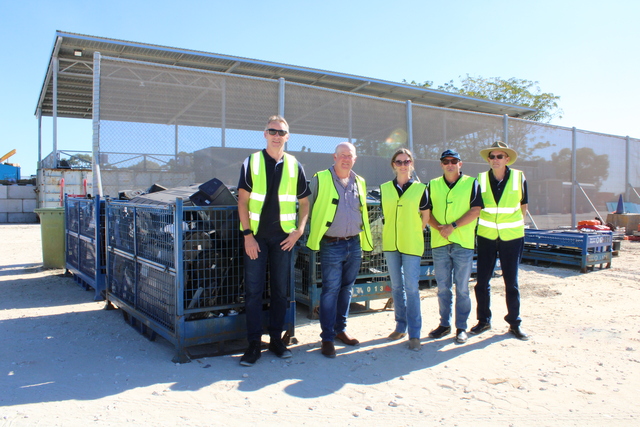In this edition we are reporting on some mixed outcomes in respect of Local/State Government relations.
In New South Wales it would appear that Local Government is finally making some headway with the State Government over the vexed issue of rate pegging (refer LGA President’s column below). NSW is the only State where councils are restricted in setting their rates by another sphere of government.
And in the west, after a concerted campaign, the Western Australian Local Government Association (WALGA) had a win with First Past The Post legislation being passed by its State Parliament on 13 August. This means that WALGA’s preferred voting system will be in place in time for Local Government elections scheduled for 17 October this year (refer page 5).
But relations are not so rosy in Queensland where the upheaval from forced amalgamations in 2008 is ongoing, and is now being reflected in a drop in approval of councils in community attitude polls. Local Government Association of Queensland President, Councillor Paul Bell says rather than amalgamations solving financial problems it has added to them, at least in the short term, and he says that without additional government funding potential efficiency gains will be years away (refer page 10).
But it is Victoria where recent State Government interference not only impacts Local Government but undermines our democracy, in that one group of employees has been banned from representing their community at the local level.
Acting on a recommendation following an Ombudsman report into one Victorian council, the Local Government Act (1989) has been amended to disqualify persons employed as electorate officers, ministerial advisors and parliamentary advisors from becoming or continuing to be a councillor or nominating as a candidate.
The Ombudsman stated that the purpose of this recommendation was to avoid ‘conflicts of duty and duty’. That is, where a councillor is employed as an electorate officer, this employment gives rise to the risk of conflict between his or her duty as a councillor and his or her duty as an electorate officer for a Member of Parliament.
As well as issues concerning the right of some people being able to take part in public life, the ban on one class of employees leaves the potential for this to be extended to other occupations, such as real estate agents, public servants or those working for an environment group or other lobby group.
A further concern is that this legislation is retrospective, so more than 30 Victorian councillors now have to choose between their current career or staying on as a councillor. With elections having only just taken place in November last year, a number of councils will have to foot the bill for a by-election.
The irony of all this is that it has long been the case that people who are elected to a council and/or work in an electorate office often use this as a stepping stone for running for State or Federal Parliament. How many current and past ministers and MPs have successfully shaped their political careers around this logical progression in public service?
Hopefully other State Governments will not follow Victoria on this one.







